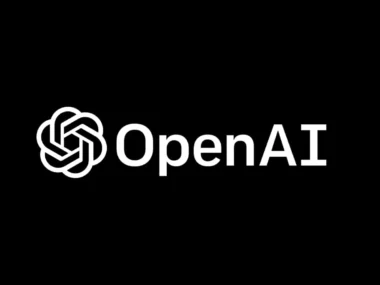According to Google, Britain could unlock £400 billion ($533 billion) in economic gains from AI-driven growth by equipping its workforce with the right skills. Findings from pilot programs showed that employees could save over 120 hours annually by applying AI to administrative duties.
Google’s report, released Friday, highlighted that simple measures—such as allowing employees to use AI and providing a few hours of training—could double AI adoption and accelerate economic progress. The study, conducted with research partner Public First, found that around two-thirds of workers, especially older women from lower-income backgrounds, had never used generative AI at work.
Debbie Weinstein, Google’s president for Europe, the Middle East, and Africa, noted that the AI Works pilot programs—run across small businesses, educational institutions, and a trade union—demonstrated that workers could save an average of 122 hours a year by integrating AI into administrative tasks.
However, a key hurdle was workers’ uncertainty about whether using AI at work was appropriate.
“We found people needed ‘permission to prompt’,” Weinstein explained. “They wanted to know it was acceptable.” After receiving reassurance and brief AI training, participants doubled their use of the technology and maintained these habits months later.
These efforts significantly closed the AI usage gap, Google said. Initially, only 17% of women over 55 in the study used AI weekly and 9% daily. Three months after training, those figures rose to 56% using AI weekly and 29% daily.











